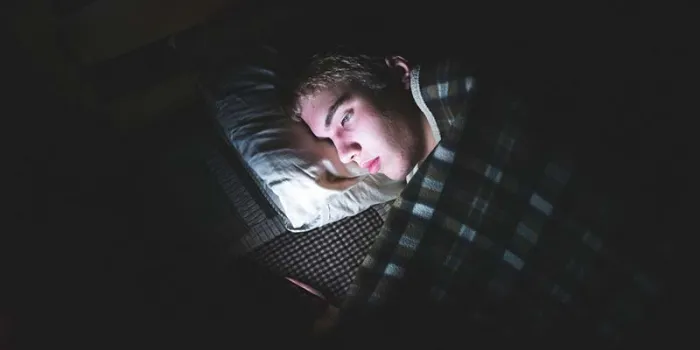In his TED Talk, “Sleep is your superpower,” Matthew Walker, PhD, a professor of neuroscience and psychology at the University of California, Berkeley, and founder and director of the Center for Human Sleep Science, outlines the many benefits of regularly getting a restorative night’s slumber: improved memory, enhanced learning ability, a more responsive immune system and better cardiovascular health.
According to the Centers for Disease Control and Prevention (CDC), however, more than a third of American adults don’t get the recommended minimum of seven hours of sleep each night. And it’s not just adults. A 2015 CDC study found that 60 percent of middle schoolers fail to get the recommended 9 to 11 hours of sleep, and 70 percent of high school students are short of the advised 8 to 10 hours.
For people with bleeding disorders, sleep is critical in helping avoid weight gain, which puts more pressure on joints, and in lessening the risk of anxiety and depression.
As evidence mounts of sleep’s many physical and psychological benefits, it pays to understand what to do and what not to do so you can protect your precious ZZZ’s.
Do get regular exposure to sunlight during the day.
Light exposure too close to bedtime may be problematic for falling asleep, but exposure to sunlight during the day can actually help you get a better night’s rest. Researchers recommend getting at least 30 minutes of ample sunlight in the morning to help regulate the body’s natural sleep-wake cycle.
Don’t use your smartphone, computer or tablet or watch TV for at least 30 minutes before bed.
Much is now made of children’s attachment to screens, but most adults are just as guilty of being glued to their smartphones and computers right up until bedtime. The problem with this habit is that the brain interprets blue light emitted from screens (including the TV) the same way it does daylight. The light stimulates the brain and leads to suppressed production of melatonin, a hormone that signals the body that it’s time to wind down for the night. Instead of looking at a screen, try reading an old-fashioned paper book or magazine before bed.
Do keep a sleep diary.
There are plenty of fancy sleep-tracking smartphone apps these days, or wearable devices that keep tabs on and rate your slumber. If you find these helpful, go ahead and use one (although there is growing concern from sleep experts that such apps can cause stress and anxiety, leading to worse sleep). A simpler method to keep yourself accountable in your quest for better rest is jotting down in a notebook what time you go to bed and what time you wake up. You’ll quickly see how many hours you’re getting a night. Another good thing to record each morning is how rested you feel when you wake up.
Don’t drink caffeine late in the day.
You’ve surely heard this one before, but it bears repeating that caffeine is a stimulant and it takes the body about four to six hours to metabolize half of it. That said, everyone is different. Some people can drink a double espresso after dinner and have no problems falling asleep. You need to experiment to discover what timing works for you, but being conservative and cutting caffeine in the evening is a safe choice.
Do try cognitive behavioral therapy for insomnia (CBT-I).
In 2016, the American College of Physicians released a new evidence-based clinical guideline recommending CBT-I as “the first-line treatment for adults with chronic insomnia.” CBT-I treatments are done in individual or group sessions by a variety of therapists. Speak with your HTC team about finding a provider near you.
Don’t rely on sleeping pills as a long-term solution for insomnia.
While useful for short term stresses keeping you up at night, sleeping pills should generally not be taken for more than a month or so.
Non-prescription melatonin supplements taken as an alternative to sleeping pills may help you sleep better. However, the National Center for Complementary and Integrative Health notes that while short term use of melatonin appears to be safe, “important questions remain about its usefulness, how much to take, when to take it and its long-term safety.”
And one final note: If chronic pain prevents you from falling sleep or is waking you up consistently, speak with your hemophilia treatment center (HTC) team about ways to manage it.

